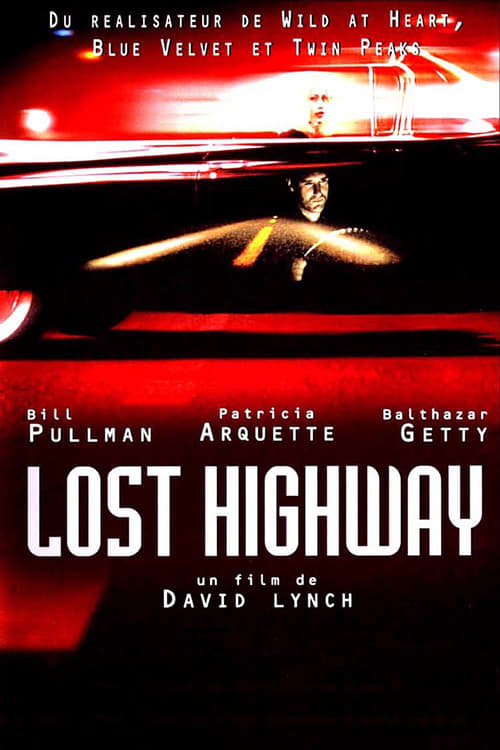

It’s one of many ways this director uses unexpected editing or visual elements throughout Wild at Heart to underscore how much these two love each other. It’s an unorthodox touch that could only be possible within the unpredictable filmmaking of Lynch. These human beings fade away, but bright hues of green and yellow dominate the frame as reflections of how vivid their affection for one another is. As their physical intimacy grows more and more passionate, their moans grow louder on the soundtrack, the screen is consumed in bright colors. One of the many outstanding touches in the earlier David Lynch movie Wild at Heart occurs whenever the film’s protagonists, "Sailor" Ripley ( Nicolas Cage) and Lula Pace Fortune ( Laura Dern), have sex. Lost Highway is a story that’s extra bizarre right from the start. Other Lynch movies are about people stumbling into or across unthinkably strange scenarios and people. Instead, it wants to make something clear from the start: there is no normalcy here. While the story of Lost Highway certainly ramps up in absurdity as it goes on, the escalated bizarreness of this story is made apparent from the get-go through eerie opening credits set to a car speeding down a road at night (which will become important later on) and an ominous inexplicable message: "Dick Laurent is dead." Lost Highway isn't interested in establishing a sense of normalcy that it can upend. These and other Lynch productions (save for Eraserhead) start out establishing a “normal” world that the rest of the story can contrast with and warp. Meanwhile, FBI agent Dale Cooper ( Kyle MacLachlan) travels to the town of Twin Peaks, Washington at the start of the TV show Twin Peaks, with this domicile being home to all kinds of strange characters and events that gave the program its legendary reputation. The lead character of Blue Velvet, for instance, is an ordinary college student whose trip back to Lumberton, North Carolina leads him to uncovering the severed ear that sets the movie’s plot into motion. Many Lynch productions have a sense of oddball weirdness (whether it’s in the dialogue, the production design, or the editing), but most do start out with some kind of sense of “reality” that the subsequent story can upend.


 0 kommentar(er)
0 kommentar(er)
